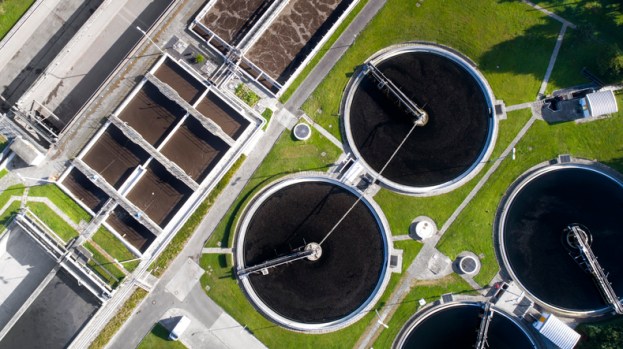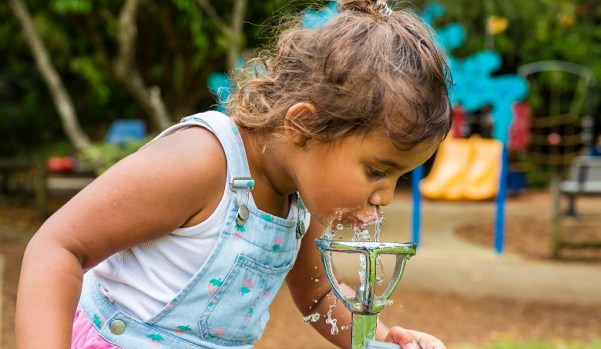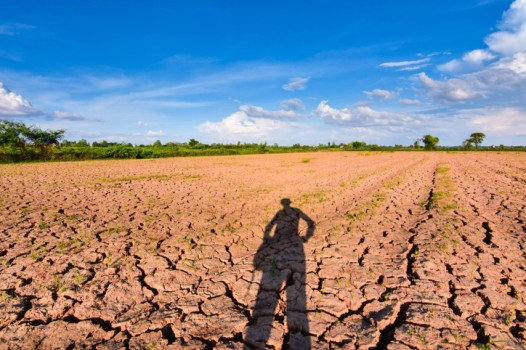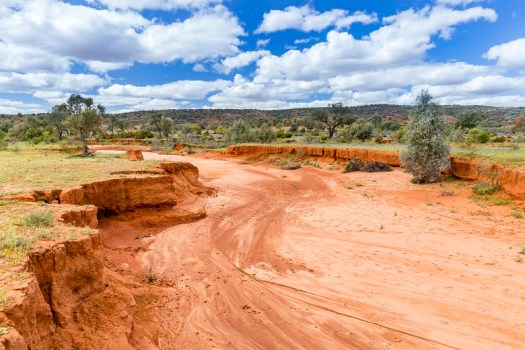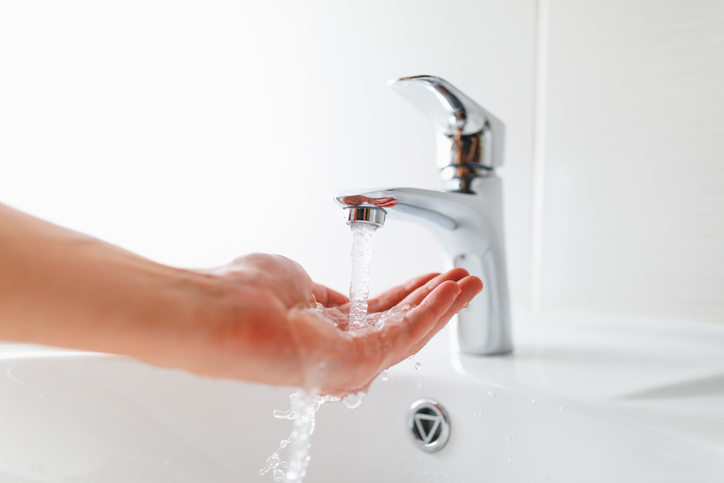
A Western Sydney advocacy organisation is calling on the state government to introduce water recycling targets to increase water efficiency and address the effects of climate change and urban heat in the region.

A draft report from the Western Sydney Leadership Dialogue says temperatures in Western Sydney can be 10 to 15 degrees higher than those in Sydney’s east, and the region is prone to the heat island effect caused by the built environment, increase in traffic pollution, lack of sea breeze and fewer green spaces and natural waterways.
The report contains a list of recommendations including a target of 100GL/20 per cent of recycled water in Sydney’s water budget by 2030.
The Western Sydney’s Hot Issue report says when it comes to water, authorities need to focus not on “how much do we have” but “how cleverly do we use what we have”.
Sydney underperforming on water efficiency
Western Sydney Dialogue Chairman Christopher Brown says there’s a need to move on from the single water use mindset.
“Rather than using water once and flushing it away, let’s look to how we can keep it local to cool us down,” he says.
Although the nation is currently in the grip of drought, Sydney still has a secure water supply.
However, it is an “awkward fact” that Sydney is currently under-performing in terms of efficient water use, the report says.
Sydney currently uses more water than its metropolitan counterparts across the country, at 210 residential litres per capita per day.
Brisbane, in comparison, uses 169 residential litres per capita per day, and Melbourne uses 161.
Sydney is also lagging behind other countries in water recycling.
“Last year, Sydney recycled only 6.7 per cent of our total water provisioning budget, with most of the rest flushed out to sea,” the report says.
Internationally, Israel leads the world, recycling about 90 per cent of its ‘used’ water and Cyprus uses 90 per cent of wastewater for irrigation. In Spain, recycled water accounts for 20 per cent.
The report acknowledges that conversations about water recycling can be awkward, but says it’s a discussion that cannot be avoided.
“Deemed too delicate and divisive, to date merely raising the issue can send some of us jumping to conclude we’ll be forced to drink our own sewerage,” it says.
“What is needed is a more nuanced discussion about water’s true worth, as a precious and endlessly re-usable resource to be carefully husbanded.”
Other recommendations for a better use of water:
- Reduce per capita potable water use
- Use the right water for the right job
- Reduce rate of leakage loss
- Keep as much water as close to home as possible
The final report is due to be released this week.
Funding for drought infrastructure projects
Meanwhile, the NSW government has announced funding for 30 water infrastructure projects in drought-affected communities.
The $87.76 million in funding will provide water carting into small regional communities, fund critical town water infrastructure projects, pay for business and household water savings programs, and fund capital water infrastructure projects.
The funding will provide:
- $15 million for water carting into small regional communities
- $38.66 million for critical town water infrastructure projects in the state’s north and west
- $4.6 million for business and household water savings programs for towns most at risk
- $29.5 million for capital water infrastructure projects, including the planning and feasibility assessments for a new pipeline to connect Nyngan and Cobar to additional water supplies.
“Flows have already ceased below Warren Weir on the Macquarie, and water releases to the Lower Namoi and Lower Darling stopped in December last year. Communities are doing it tough and need our support,” Minister for Water Melinda Pavey said in a statement.
Comment below to have your say on this story.
If you have a news story or tip-off, get in touch at editorial@governmentnews.com.au.
Sign up to the Government News newsletter
